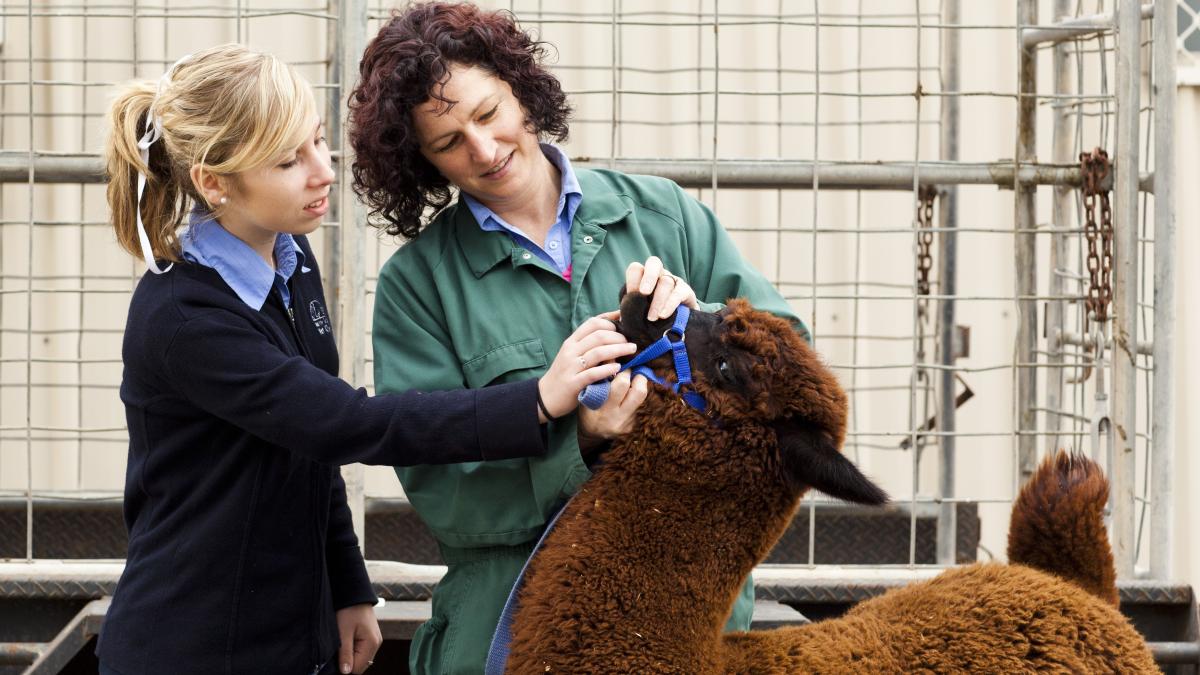
Many jobs require post school qualifications.
Some occupations require a university qualification. Some require vocational education and training (VET) qualifications studied either as stand-alone qualifications or through an apprenticeship or traineeship. Others may just require a ticket or licence.
You may even be able to do a combined pathway. This means starting with a VET qualification or bridging course before moving on to a university qualification.
For most occupations there are many pathways that you can choose from. It is important to consider what pathways employers' prefer and what works best for you.
Just getting a qualification won’t guarantee you a job.
When considering further training, including where to study, you should investigate, question and compare courses and education providers.
Researching training providers and courses before you sign up, will help you know if:
- this is the right provider and course for you
- the course meets the needs of employers
- it will make you competitive for their jobs.
It's okay to ask training providers about the employment outcomes from your chosen course.
Check out our article 'Compare training providers' for questions to ask before signing up for any study.
Don’t forget to consider work experience as part of your pathway planning. Work experience includes paid work, internships, volunteering and work experience placements. Having relevant work experience will give you an edge when you finish your study.
For information on how to be more competitive for jobs, see our article It's not just about having qualifications...
Real stories: The nurse
Alex has always been interested in health. In high school she studied nursing through TAFE and worked part time in a nursing home. Watch Alex’s story of how she carved out a pathway to land her dream job.




